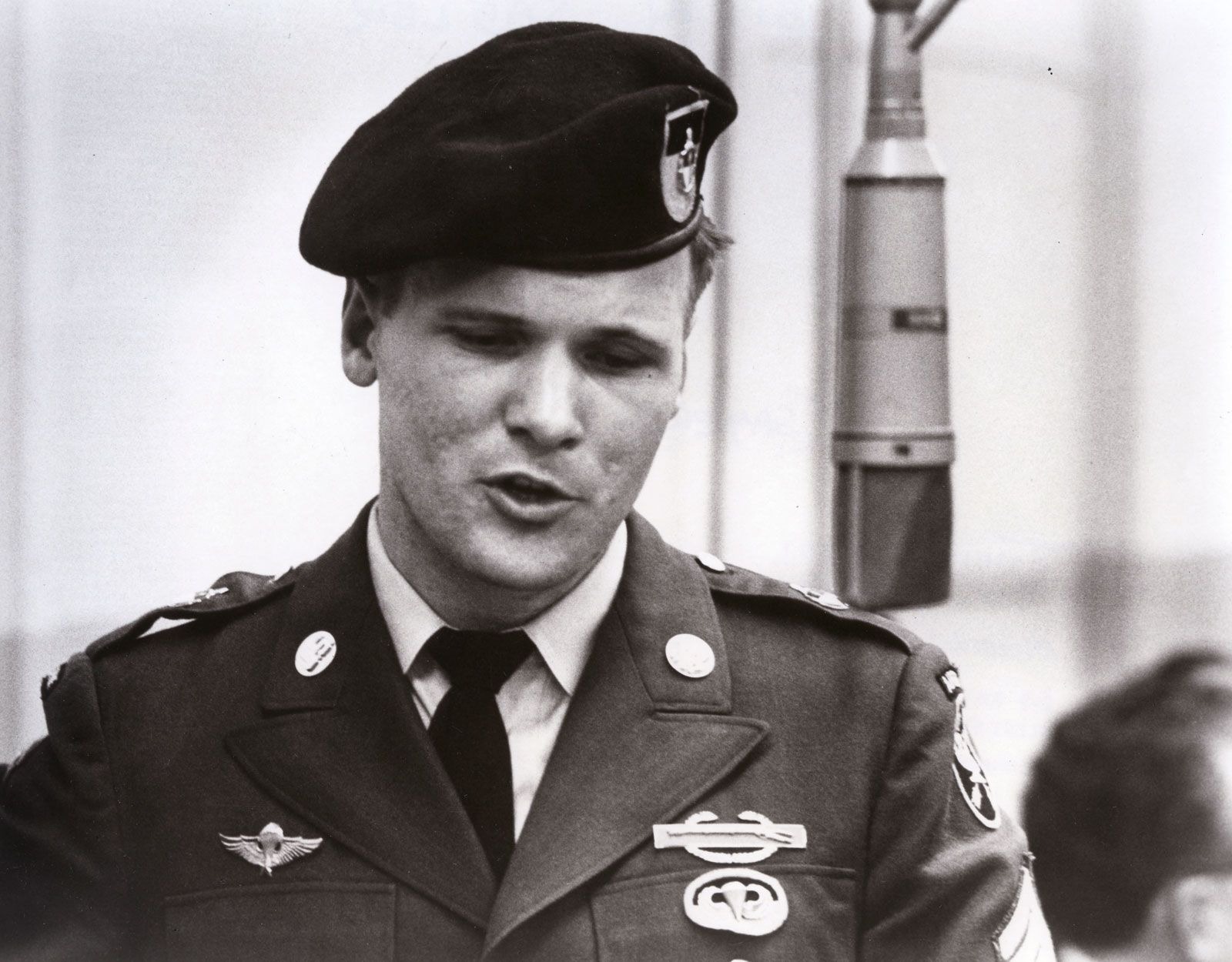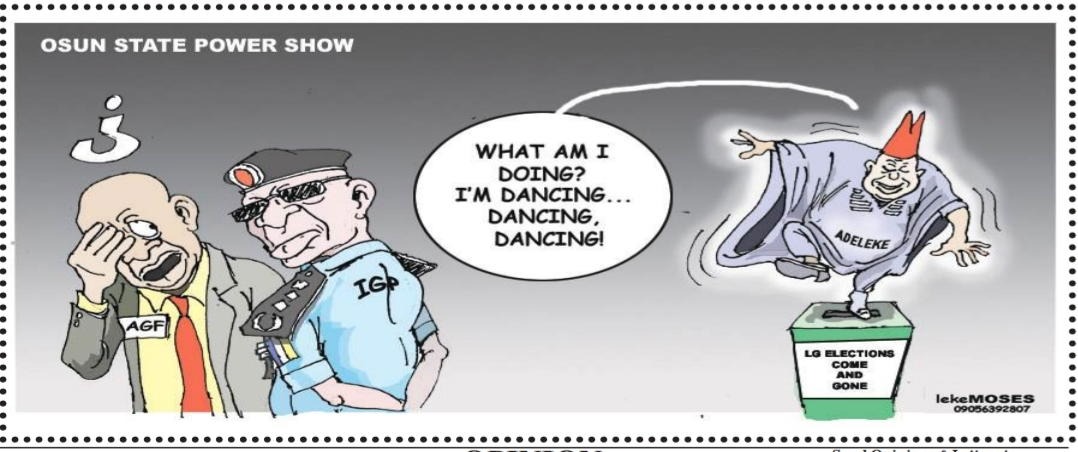A Nigerian man convicted of a brutal double murder in north London has successfully argued that his human rights were violated due to the excessive delay in bringing his case to trial.
Obina Christopher Ezeoke, now 32, was ultimately sentenced to life imprisonment with a minimum term of 40 years for the 2016 murders of psychology student Bervil Kalikaka-Ekofo, 21, and his aunt, Annie Ekofo, 53. The killings took place in their East Finchley apartment while Bervil slept.
After facing an unprecedented five trials over a five-year period, Ezeoke was finally convicted in 2020. However, the European Court of Human Rights (ECHR) has now ruled that the prolonged legal process constituted a breach of Article 6 of the European Convention on Human Rights, which guarantees a fair and public hearing within a “reasonable time.”
The Telegraph reported that the delays stemmed from a series of unfortunate disruptions: the first trial collapsed after the judge fell ill, two subsequent trials ended in hung juries, and the fourth trial was halted due to the COVID-19 pandemic.
Although the Strasbourg-based court acknowledged that most of these delays were beyond the control of UK courts or the government, it still determined that the overall length of proceedings violated Ezeoke’s rights.
Despite this finding, the ECHR declined to grant Ezeoke any form of relief beyond the ruling itself. His request for immediate release was rejected, with the court stating that his eventual conviction and sentencing were not unfair. As a result, the delay was not found to constitute a further breach of Article 6 in terms of trial outcome. The court also ruled that he was not entitled to compensation.
The verdict provoked strong criticism from some UK officials. Shadow justice secretary Robert Jenrick said: “This is the latest extraordinary example of judicial activism by the Strasbourg court. It only seems to get worse.”
Details of the crime shocked the public. During the trial, the Old Bailey heard how Ezeoke entered the flat and executed Kalikaka-Ekofo by shooting him in the back of the head with a vintage Western-style revolver while he slept. He then shot Annie Ekofo in the chest with a Smith & Wesson .44 revolver as she emerged from her bedroom.
Prosecutors revealed that the killings were a revenge attack targeting Ms. Ekofo’s son, Ryan Efey, then 22. Ezeoke had reportedly been humiliated after rivals circulated a video of him being attacked on Snapchat, and he intended to kill anyone present in the flat.
In her sentencing remarks, Mrs Justice Cutts described the murders as “cold, callous and brutal,” adding that Ezeoke had not only taken two innocent lives but also “ruined the lives of many.”
She noted that although she had considered imposing a whole-life term, she settled on a 40-year minimum before parole eligibility.
During the legal process, Ezeoke’s defense argued against holding a fifth trial, claiming that the repeated delays had compromised their case. They contended that the prolonged proceedings negatively impacted the quality of evidence and made the final outcome potentially unsafe.
In his appeal to the European court, Ezeoke claimed the lengthy process weakened his defense. The ECHR specifically identified two delays as “problematic”: a one-year gap between the third and fourth trials and a six-month delay before a ruling on his application for permission to appeal.
Despite the human rights violation ruling, Ezeoke remains incarcerated in a high-security prison, serving his life sentence for the double homicide.
The case underscores the difficult balance between upholding defendants’ rights to a timely trial and ensuring justice for victims of serious crimes.



